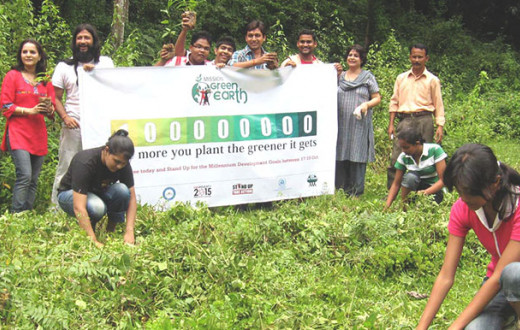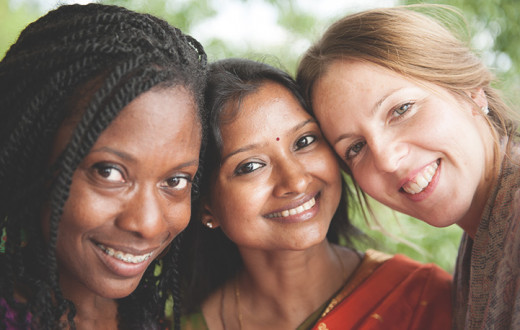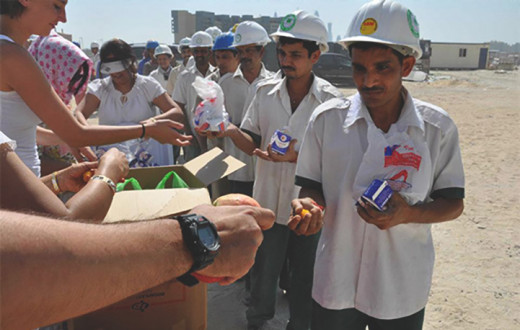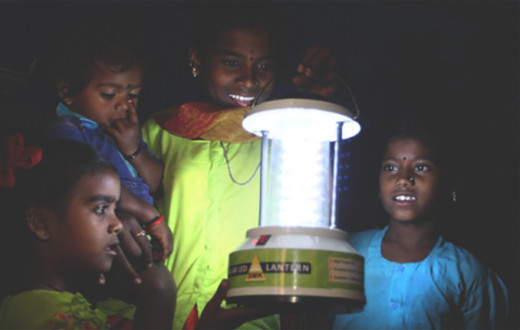The soap makes her vision blurry as she flows down a hollow rusty pipe collecting particles contradicting her purity and making her heavy. She feels the texture of millions like her, gushing through the coarse metal and out into a deep dark pit. A hoard of small stones and fine particles of sand meet her course. Her pace slowed, her flow determined, she makes her way through the crevices and drops into a free fall. She smiles. For now, she can see, her vision is no more blurry, the heaviness gone, she's pure again. Soon enough, she feels a vacuum pulling her up through a cold steel pipe and she gushes out into a glass. The touch of fresh air feels good. Moments later she sees the face of a little boy smiling as he raises the glass to his lips, and she gladly surrenders to his need, and trickles down his throat, accompanied by a fulfilling sigh. Quenching the boy's thirst, she is indeed, life!
Water is life. In India, which is surrounded by water on the three sides, millions do not have access to clean water. On the other hand, there is so much wastage of water, unmindful of the lives that it costs.
The residents of Lakshmipura, a village in Karnataka, have a story to tell. The village has been subject to years of water scarcity, and drought during summers as a consequence of wastage of water - but not anymore. The water conservation project initiated by The Art of Living in the village and in different parts of Karnataka is bearing refreshing results. The drains have been made free of waste water, and are now used to collect rainwater, further purifying it with the help of natural filters. During monsoon, the water gushing through these drains is collected in small tanks, which after being filtered is left to bigger tanks. It is further made to flow down a channel to the bore-wells in the villages, giving the villagers access to clean drinking water. The simple motto "Waste no water!" is the mantra of the villagers. They have been educated, and are aware of the importance of water conservation. The villagers have also pledged not to use the clean water to wash vehicles, clothes and bathe cattle.
It is encouraging to see that people are aware, and are taking steps to conserve water. To know that every drop is precious and conducive to life is a reason enough to be grateful for every sip. The gratefulness that the little boy, his family, and the rest of the villagers of Lakshmipura are feeling, with every gulp of clean water they take is a joy worth sharing.
Why did it take them so long to do this? This is where spiritual practices help. Spirituality nourishes team work, a sense of responsibility and belongingness. It brings greater sensitivity towards nature and each other and promotes caring and sharing. Just a few sessions of group meditations and Satsang is enough to spark the community spirit and harmony that is required to implement sustainable solutions for the challenges we face. This has been seen time and again, village after village, challenge after challenge, and has resulted in success after success.
To be part of our efforts to transform rural India, please do write in to webteam.india@artofliving.org
Writer: Eben Felix, Graphics: Niladri Dutta







